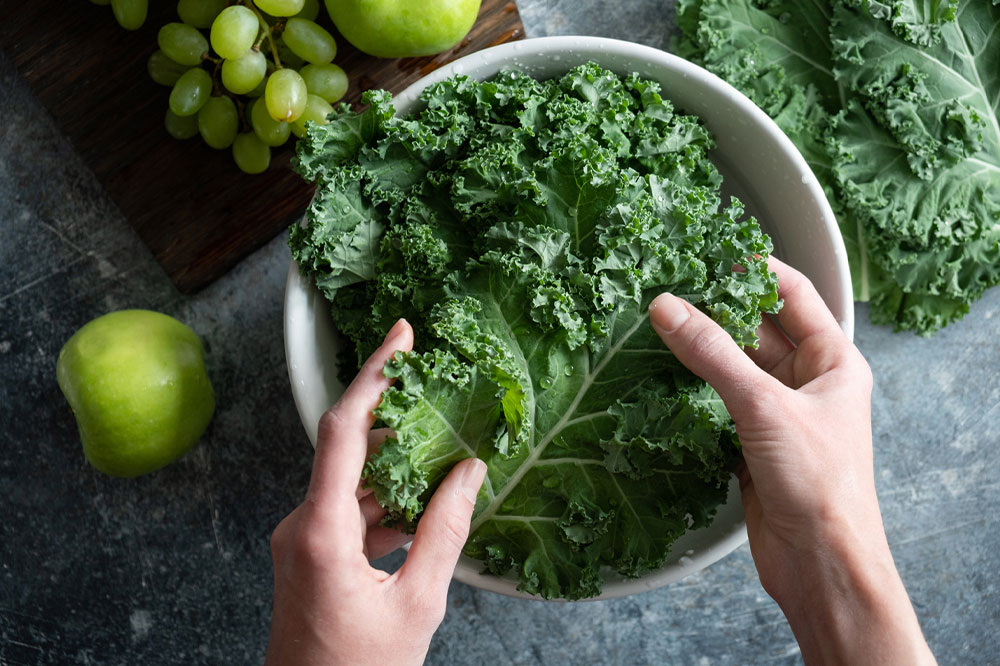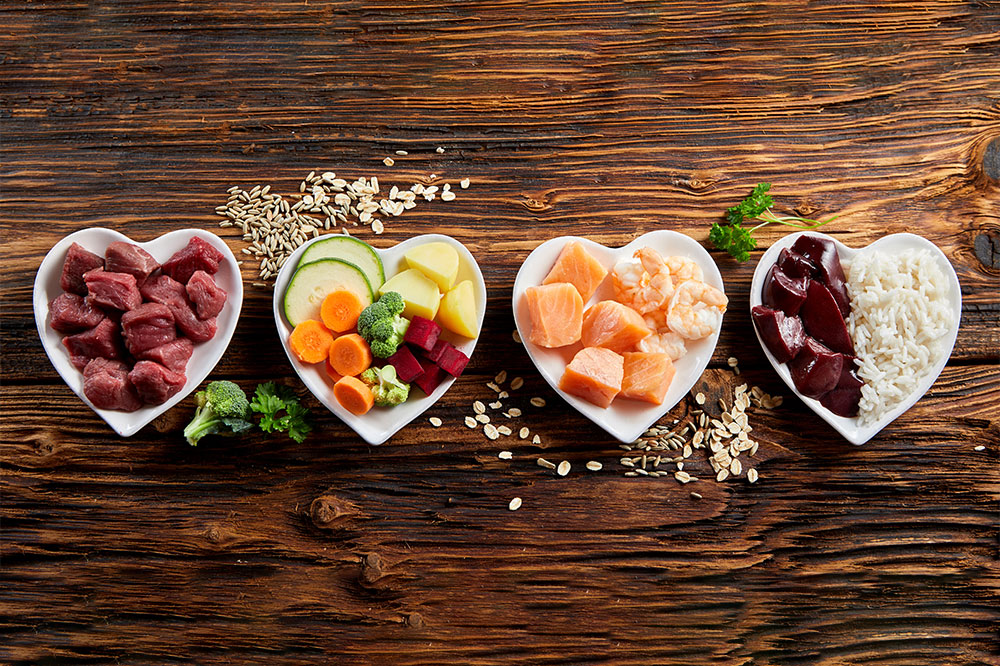Immune thrombocytopenia – What to eat and avoid

Immune thrombocytopenia, commonly referred to as ITP, is a health condition where a person bleeds excessively and easily, even during minor injuries. This bleeding is because of a low platelet count, which prevents the blood from clotting as it usually does. Many patients also experience purplish bruises or tiny dots on the skin that look like a rash. Read on to learn about the foods for managing immune thrombocytopenia and those best avoided.
Foods that help
Fresh fruits and veggies
Fruits and vegetables are filled with antioxidants, vitamins, minerals, fiber, folate, and other nutrients. Folate, in particular, has been linked to improved production of platelets. It also supports the function of the platelets in the blood. The best folate-rich leafy greens are spinach, kale, cabbage, and collard greens. Among fruits, one can choose oranges, papaya, and bananas.
Healthy fats
Not all fats are bad for overall health. A few types, known as healthy fats, are found in nuts, nut butter, avocados, and seeds. They are mainly unsaturated and contain tons of other nutrients essential for the body. Individuals with immune thrombocytopenia often feel fatigued, and these healthy fats help fight this symptom without compromising overall health.
Lean proteins
Proteins are considered the building blocks of the body. They help strengthen muscles, repair wear and tear, and form an essential component of many processes. A sufficient protein intake can help prevent drops and spikes in energy levels throughout the day. It can also help build stamina and strength and reduce exhaustion. Patients can get their daily dose of protein from poultry, beans, lentils, seeds, and even fish.
Foods to avoid
Processed meats
Certain foods may do more harm than good when managing immune thrombocytopenia, and processed meats are one of them. Items like bacon, sausages, and hot dogs contain unhealthy and saturated fats that could lead to cardiovascular diseases. They are also rich in preservatives like sodium that wreak havoc on the body.
Refined grains
Refined grains like white bread and specific cereals contain high levels of unhealthy carbohydrates. These carbohydrates are easy to digest but often lead to spikes in blood sugar. They also do not have the same nutritional value as their whole-grain counterparts.









